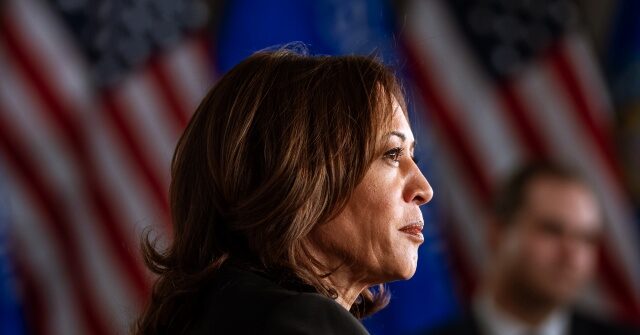On Thursday’s episode of MSNBC’s “Morning Joe,” Mitch Landrieu, the Co-Chair of the Harris-Walz Campaign, expressed commendation for Florida Governor Ron DeSantis regarding his handling of Hurricane Milton. This discussion unfolded amid Vice President Kamala Harris’s previous criticisms of DeSantis for failing to respond to her calls. Landrieu highlighted the effective collaboration between DeSantis, President Joe Biden, and FEMA, emphasizing that these partnerships facilitated critical evacuation efforts. He noted that such coordination between federal and state officials is essential to ensuring the safety of residents facing natural disasters.
Landrieu emphasized the importance of clear communication and organized command structures during emergencies. He explained that successful responses to disasters involve not only federal bodies like FEMA but also state-level emergency services, local governments, and first responders. This multi-tiered collaboration is key to ensuring that people are informed and able to evacuate effectively when storms approach, as was evident in the recent response to Hurricane Milton. The seamless integration of various agencies allows for a more robust response, minimizing the chaos typically associated with natural disasters, Landrieu asserted.
The remark about DeSantis’s performance came in the wake of Harris’s critique, reflecting a potentially complicated relationship between the Florida governor and the Biden administration. Landrieu’s recognition of DeSantis’s actions suggests an effort to underscore bipartisanship in crisis scenarios, despite political differences. By praising the collaborative efforts made in response to what could have been a devastating hurricane, Landrieu positioned these actions as vital for saving lives and protecting communities, regardless of party affiliation.
In his remarks, Landrieu didn’t shy away from discussing the broader context of how hurricanes impact communities. He pointed out that effective disaster response goes beyond immediate evacuation efforts; it also includes preparedness and communication before disasters strike. His comments suggest a philosophy that emphasizes not just governmental responsibility but also the importance of ongoing training and resources for emergency responders at every level. As communities brace for future storms, such proactive measures are essential to mitigating damage and ensuring public safety.
Moreover, Landrieu’s statements reflect a larger narrative concerning leadership during national crises. The ability of leaders to set aside political differences and focus on the welfare of their constituents can significantly influence public perception. By highlighting the effectiveness of the response to Hurricane Milton, Landrieu is making a case for unity and collaboration even amidst partisan divides. This reinforces the idea that during disasters, it is the shared goal of safeguarding citizens that should take precedence over political agendas.
Lastly, the conversation on “Morning Joe” serves to remind viewers of the critical nature of emergency preparedness and the role of various governmental bodies in disaster response. With the increasing frequency of hurricanes and other natural catastrophes, such discussions are more relevant than ever. Landrieu’s remarks conveyed a message of hope, emphasizing that with the right collaboration, communities can remain resilient even in the face of severe challenges posed by nature, showcasing the pivotal role leadership plays in fostering such environments.

